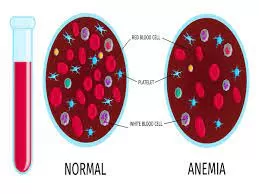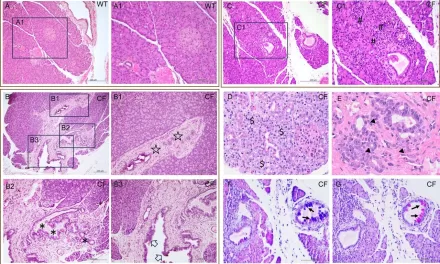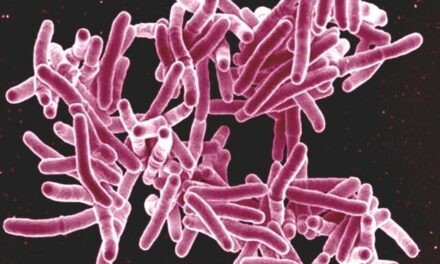Health experts in India have raised concerns about the significantly high incidence of the rare and life-threatening blood disorder, aplastic anaemia, which poses a grave threat to the country’s population.
Aplastic anaemia, a serious condition characterized by bone marrow damage leading to insufficient production of blood cells and platelets, presents a critical health challenge in India. Patients suffering from this disorder are at high risk of severe infections, bleeding issues, and other complications, making it a potentially fatal condition.
According to Dr. Gaurav Kharya, Director of the Centre for Bone Marrow Transplant & Cellular Therapy at Indraprastha Apollo Hospital Delhi, acquired severe aplastic anaemia, particularly prevalent in India and Southeast Asia, exhibits a significantly higher incidence compared to Europe and America. The exact incidence in India remains unknown, but it is estimated to be 3-4 times higher in this region.
Dr. RishiRaj Sinha, Senior Resident and National Secretary of the Federation of All India Medical Association (FAIMA), highlighted the disparity in the incidence rates of aplastic anaemia between regions, with Europe recording 2-3 cases per million per year, while east Asia, including India, experiences a higher prevalence.
Early identification and referral are crucial for the successful management of aplastic anaemia. While stem cell transplantation or bone marrow transplant (BMT) offers a potential cure for the disorder, it remains largely inaccessible to the masses due to its high cost. Dr. Rahul Bhargava, Principal Director of Hematology and Bone Marrow Transplant at Fortis Memorial Research Institute, Gurugram, emphasized that approximately 20,000 patients are diagnosed with aplastic anaemia in India annually. However, the majority succumb to the disease due to financial constraints, lack of awareness, and inadequate infrastructure for treatment.
Dr. Bhargava stressed the urgent need to integrate immunosuppressive therapy into government healthcare schemes like Ayushman Bharat and expand the network of BMT centres across the country. Establishing BMT centres in government hospitals would facilitate free treatment for economically disadvantaged patients, thereby addressing the pressing healthcare needs of the most vulnerable segments of society.
As India grapples with the silent health crisis posed by aplastic anaemia, concerted efforts from policymakers, healthcare providers, and stakeholders are essential to ensure timely diagnosis, affordable treatment, and improved outcomes for affected individuals across the nation.












